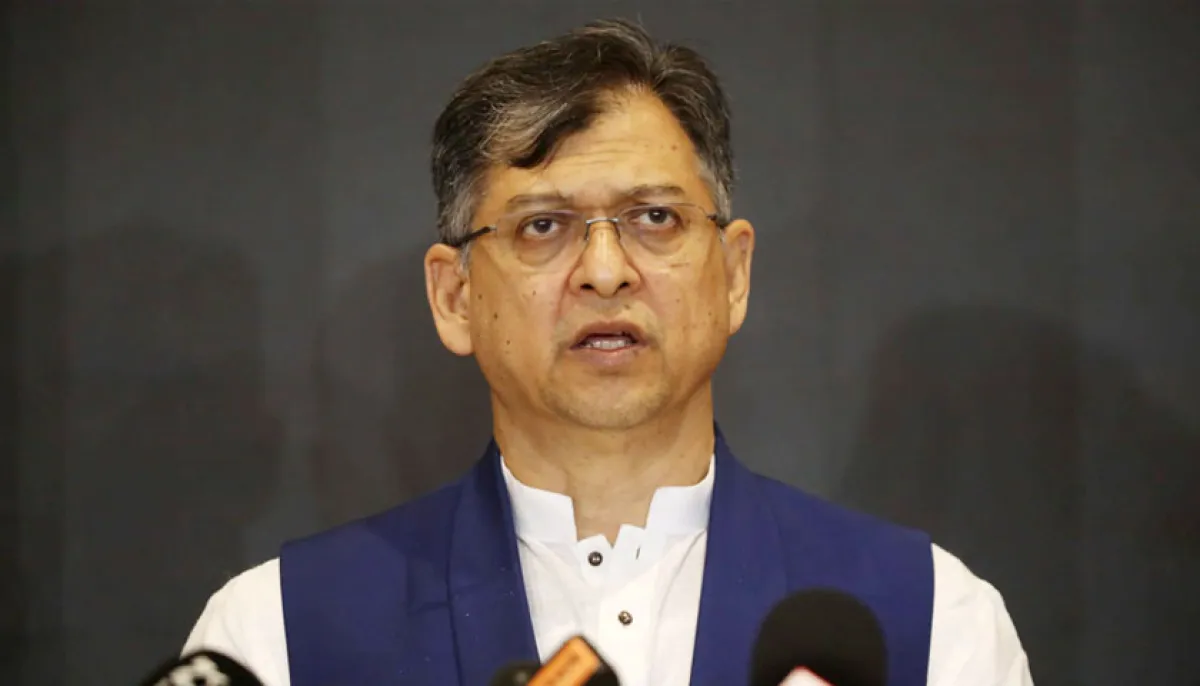 বিএনপির স্থায়ী কমিটির সদস্য সালাহউদ্দিন আহমেদ। ছবি : সংগৃহীত
বিএনপির স্থায়ী কমিটির সদস্য সালাহউদ্দিন আহমেদ। ছবি : সংগৃহীত
Bangladesh must devise strategies to keep its best brains in the country and engage their merit in advancing the society, experts and other stakeholders have observed and to achieve that they have stressed key reforms in the education system.
Educationists, government officials and politicians made the observations at a dialogue on Sunday, saying that policymakers, teachers and students all should come forward to accomplish that task.Tarunner Rashtra Chinta (reflections on the state by the youth) held the dialogue on education and academic arena at the Institution of Diploma Engineers, Bangladesh.
Students from different universities and colleges joined the dialogue that, among other, featured a question-and-answer session for them to engage with the speakers.
Bangladesh Nationalist Party standing committee member Salahuddin Ahmed, who attended the event as chief guest, accused the past Awami League regime of playing an active role to expedite the brain drain in its wicked desire to perpetuate its despotic reign.He blamed the country’s poor performances in different indices, including the livelihood standards, university rankings, discriminations in the job sector, largely on the continued brain drain.
He also observed that a terrible lack in giving value to merit was a major issue.
Special guest at the dialogue Jahangirnagar University vice-chancellor Professor Mohammad Kamrul Ahsan alleged that misuse of power, money and partisan links were common in job appointments.‘If we could remove these discriminations and give the highest priority on merit in job appointments, meritorious students would stay in the country,’ he observed.
Another special guest BNP media cell convener Moudud Hossain Alamgir Pavel stressed learning of a third language besides Bangla and English and making teachers eligible for competing at the global level.
Another special guest Bangladesh Ganatantrik Chhatra Sangsad central committee convener Abu Baker Majumder while saying that students were not sure whether their professional life would match with the subjects they were studying on at the tertiary level.
‘We need to reform our education system to widen scopes for merit and knowledge,’ he said.
Also special guest, Foyez Ahammad, senior assistant press secretary at the Chief Adviser’s Office, while replying to a question said that the July mass uprising was non-partisan but not non-political.
‘It is very much political,’ he said, adding, ‘the fall of fascism came following political incidents.’
Arpon Alok Foundation founder Bithika Binte Hossain conducted the programme.
Jatiyatabadi Chhatra Dal general secretary Nasir Uddin was also present as another special guest at the event.source : newage
